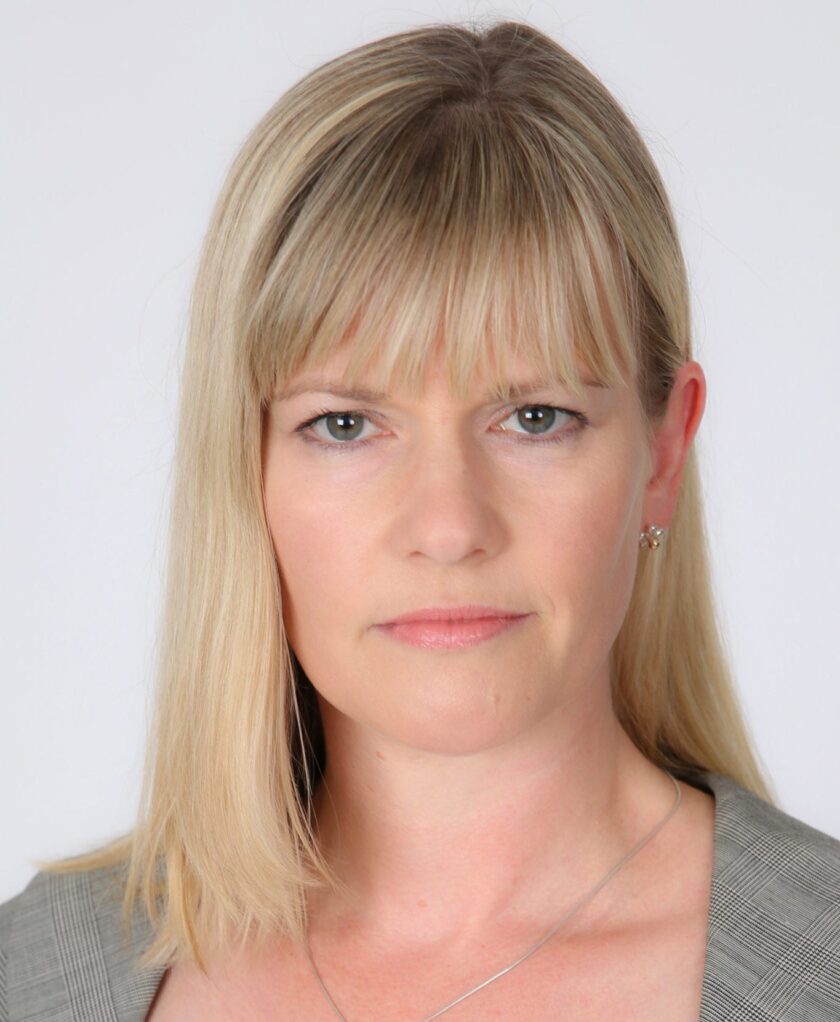In her monthly column for Professional Paraplanner, Juliet Schooling Latter, research director, FundCalibre, looks at funds that have just passed or are approaching their three-year track record. This month she turns her attention to Japan and the Baillie Gifford Japanese Income Growth
I’m reliably informed that the Rugby World Cup begins this month in Japan. When I say “reliably”, I actually mean “quite vocally”. Having spent 15 hours and 44 minutes in a queue of 87,464 people – in an attempt to get tickets to the tournament – only to be “booted out of the stupid, archaic payment system and forced to start again behind another 63,657 people”, an unsuccessful colleague has been talking a lot about it lately.
Apparently she wasn’t the only one – hundreds of fans took to twitter to complain about the payment system rejecting their cards and sending them to the back of the queue.
Once a world leader in areas such as technology, Japan has rather faded into the background in recent years. Blighted by decades of deflation and a business culture that has failed to keep up with other markets, a lot about the country – not just its ageing population – now seems old-fashioned and archaic. For example, a quirk of Japan is that an MOT can take up to a week: the garage has to go to multiple suppliers for quotes on parts and this is all done by phone and fax!
But, more recently, things have been looking up. Corporate Japan has done a lot to repair its balance sheet and sort out excess debt and labour. Business has had to reinvent itself. For example, there is now less of a focus on end products like televisions – it’s now on production equipment instead. So while your TV might be Korean, the devices inside are very much Japanese.
Then came Abenomics – just under seven years ago – and a series of structural reforms. Inflation is now back (albeit at a low level), women – who as a workforce were wasted for years – are now being incentivised to return to work, and companies have been encouraged to stop hoarding cash and either reinvest the money or give it back to shareholders.
Attitudes have started to change and, in terms of dividends, although income payments are starting from a low base, payments have been steadily increasing over the past few years.
It’s this last point that plays nicely into this month’s three-year track record fund: Baillie Gifford Japanese Income Growth.
Manager Karen See believes that a reforming Japan now presents a unique proposition for income investors.
“For a long time, many global income hunters have excluded Japan from their income-generating strategies, due to the low income-yielding nature of many Japanese businesses,” she said to us recently. “Only 8% of the top 1,200 companies had an explicit dividend target in 2004. In 2016 this figure had risen to 43%.”
There’s a clear opportunity and who better to take advantage of it than Baillie Gifford, in my view one of the best Japanese equity franchises around.
Launched in July 2016, this fund aims to benefit from the improving corporate governance in Japan, as more and more businesses move towards a progressive dividend-paying policy. Run by Karen and co-manager Matthew Brett, it uses the same well-tested growth investing philosophy and process as the other funds in the Baillie Gifford range, combined with a focus on companies with the best dividend growth opportunities.
While the headline yield figures are still low by Western standards (around 2%), there is certainly plenty of room for growth. Karen and Matthew look for companies that have a competitive advantage over their competitors and each holding will fall into one of four buckets; secular growth, growth stalwarts, special situations and cyclical growth.
It’s a cracking fund with a lot of potential. Since launch it has returned 47.7%* compared with 34.6%* for the TOPIX and 33.5%* for the IA Japan sector average. It’s actually the fifth best performing fund in the peer group (a total of 71 funds ) and the best performing fund with an explicit income mandate.
Hopefully it’ll also be a cracking Rugby World Cup that is (almost) as enjoyable to watch on that Korean TV with Japanese parts. And hopefully that ticketing system will be sorted in time for the Olympics in Japan in 2020…
*Source: FE Analytics, total returns in sterling, 4 July 2016 to 24 July 2019
Past performance is not a reliable guide to future returns. You may not get back the amount originally invested, and tax rules can change over time. Juliet’s views are her own and do not constitute financial advice.





































